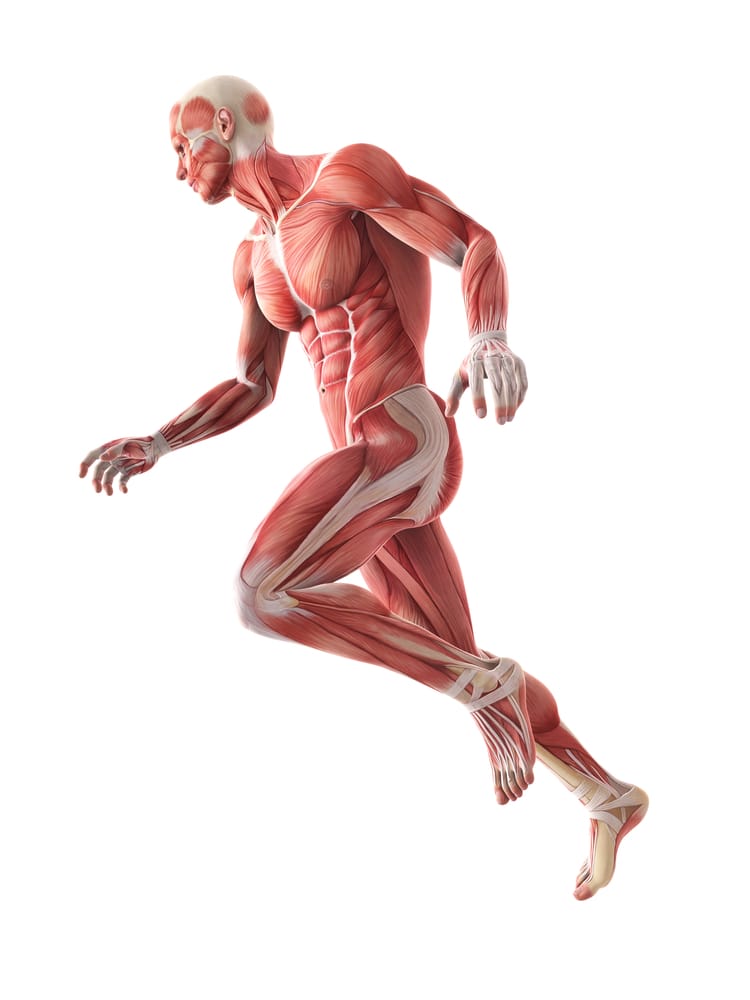Addiction Treatment
Anatomy of a Heroin Detox

Written By:

Table of Contents
When heroin finally leaves the body, mere hours later, withdrawal symptoms can begin. Intense cravings will develop, leading to a very uncomfortable process both psychologically and physiologically. Duration of use tends to affect the tolerance to heroin and the amount of it used. As these levels increase, the more severe the withdrawal symptoms will be.
Detox
Flu-like symptoms are common in a heroin detox. Upset stomach, chills, body aches, pains, tremors and anxiety kick in. Appearance and intensity of symptoms depend on the individual. Most symptoms are common, but may look different per person. Depending on the severity, individuals may see a medical doctor or visit a clinic for a prescription medication to mitigate withdrawal symptoms. Drugs like Methadone or Suboxone may be used to help the body cope with withdrawal symptoms more effectively. Withdrawal symptoms be managed using pharmacological treatment, however, separate dependencies and withdrawal symptoms can occur from abuse of these drugs as they still contain opioid properties. Detox from heroin use generally occurs over a 3-5 day period during which symptoms will vary. Infants born with heroin in their systems due to addicted mothers will sadly experience this symptomology. Prolonged anxiety and depression are more common in post acute withdrawal symptoms caused by changes in the brain chemistry following long periods of heroin use.
Withdrawal
Some people try to avoid heroin withdrawal. It is so unpleasant that many individuals rather use heroin than suffer through the symptoms. Although it is a difficult process, it is not impossible to endure withdrawal from heroin, particularly in the presence of trained treatment professionals who understand the process and can help mitigate symptoms. Some of the symptoms may include:
- Cold sweats
- depression and anxiety
- Unstable moods
- Muscle cramping
- Nausea and vomiting
- Diarrhea
- Seizures
Treatment
Available treatment protocols for heroin addiction focus on psychological counseling to address reasons for starting heroin use in the first place. Once withdrawal is past and symptoms start to abate, mental health becomes the main focus. Past trauma is addressed as well as unresolved feelings about previous events in the person’s life. Once this is complete, a thorough examination is done to assess how the behavior can be addressed in light of the mental and emotional issues raised during counseling and how this will affect treatment going forward. Aftercare treatment may include incorporation of hobbies, extracurricular activities and peer groups which support sobriety and positive living. A healthier, more productive outlook on life will help the individual in treatment focus less on heroin or addiction and more on living a fulfilling life without drugs to cope.If you or someone you love is struggling with an addiction to heroin, call Last Resort today at XXX-XXX-XXXX. Treatment professionals are available to help answer questions and provide resources on available programs.
